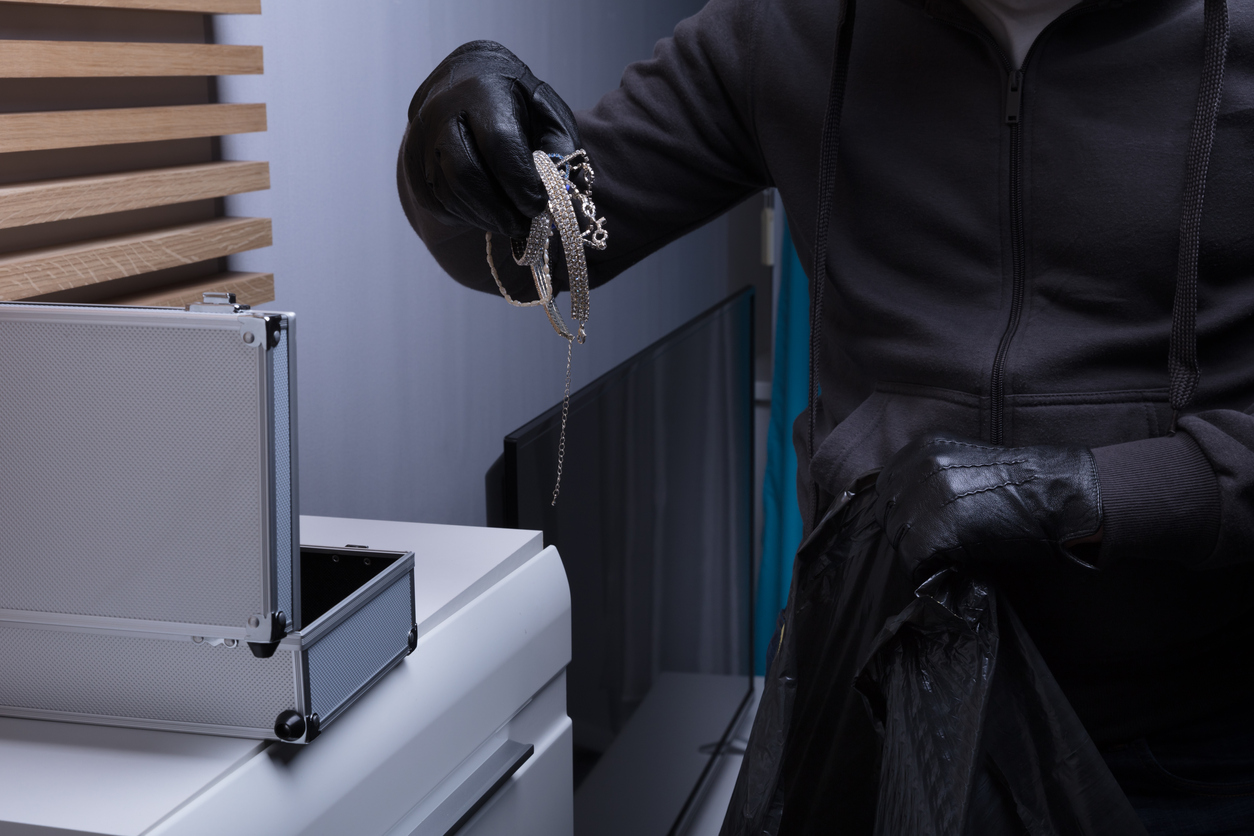Farm stand fresh vegetables and sweet and savory baked goods can make any day better. Verrill Farms had been in the produce and bakery industry in Concord, Massachusetts, for decades but before you could buy deli sandwiches or take home fresh heirloom tomatoes, Verrill Farms was a daily farm started in 1918.
The farm was passed down for generations and as the years passed the business grew. However, “[o]n September 20, 2008, Verrill Farms suffered a fire loss to its farm store. Within two days of the fire, Verrill Farms reopened its business at alternate locations at reduced capacity. Within another month, the business had resumed nearly full capacity in temporary facilities at nearby locations. After the fire and during the process of restarting the business at the alternate locations, no employees were laid off. All employees who remained on the payroll were involved in operations that allowed Verrill Farms to maintain its business and generate income.”
If this was your family’s business you would be rightfully proud of the Farm’s comeback and resilience during a time of strife. Verrill Farms still suffered a loss of business income but the farm had insurance they believed would cover the loss.
Many business income losses can be complex but here, Verrill Farms sought the business income it lost but the claim was not paid in full.
The insurance company made a payment for the Business Income loss but Verrill Farms sought to be paid for the cost of additional payroll associated with the fire loss. Litigation ensued and the trial court sided with insurance company. But on appeal1 a detailed analysis of the policy language and the facts of the loss were evaluated on the specific issue.
Verrill Farms never made a claim for a direct payment of the cost of its ordinary payroll; it sought only to include the cost in its calculation of net profit or loss for the appropriate time period. The sole question before us, therefore, is whether the cost of ordinary payroll can be included in the calculation of net profit or loss in order to determine the loss of business income, when the business has resumed operations at temporary locations during the restoration period.
Within just two days of the fire at the store, Verrill Farms was able to resume its business operations at alternate locations. Had the store been unable to resume operations immediately, and therefore unable to generate revenue to cover the cost of these employees, the limited ordinary payroll endorsement would have allowed Verrill Farms to receive direct payment for the cost of ordinary payroll employees, not to exceed sixty days. If there had been no resumption of operations and the ordinary payroll employees had been laid off, there would have been no continuing ordinary payroll expense. But this is the kind of business that would significantly suffer if it could not resume operations right away.
Because business operations resumed almost immediately, it was unnecessary to lay off any employees. Since the salaries of ordinary payroll employees were being paid from revenues generated by the resumption of operations, Verrill Farms made no claim for direct payment under the limited ordinary payroll endorsement.
The policy language was critical and needed to be evaluated. Section A.5.f. of the policy reads in pertinent part:
Business Income
(1) Business Income
We will pay for the actual loss of Business Income you sustain due to the necessary suspension of your ‘operations’ during the ‘period of restoration.’ The suspension must be caused by direct physical loss of or damage to property at the described premises.
. . . .
We will only pay for loss of Business Income that you sustain during the ‘period of restoration’ and that occurs within 12 consecutive months after the date of direct physical loss or damage. We will only pay for ordinary payroll expenses for 60 days following the date of direct physical loss or damage.
Business Income means the:
(i) Net Income (Net Profit or Loss before income taxes) that would have been earned or incurred if no physical loss or damage had occurred, but not including any Net Income that would likely have been earned as a result of an increase in the volume of business due to favorable business conditions caused by the impact of the Covered Cause of Loss on customers or on other businesses; and
ii) Continuing normal operating expenses incurred, including payroll.
There were two contradictory provisions. First, there was a requirement that Verrill mitigate damages and get back to business as soon as possible, but second, the policy also assumed and provided coverage assuming that the business would not get back to during the period of restoration.
The policy provided no methodology to calculate loss of business income if Verrill Farms could resume operations at an alternate location.
At the same time, the policy required Verrill Farms to resume operations as soon as possible, at the same or alternate location. This required Verrill Farms to incur the actual expense of ordinary payroll because these employees are necessary to continue operations once they have resumed.
Here is what the final decision was after the policy language and insurance evaluation was studied:
The only rational reading of the policy, considering the contract as a whole as well as its purpose of making Verrill Farms whole, is that it requires the loss of business income to be determined by the difference between the amount of net profit or loss earned during the partial resumption of operations and the amount of net profit or loss that Verrill Farms would have earned had no fire occurred. The gross income earned during the period of partial resumption of operations (the restoration period) has to be reduced by the amount of legitimate and necessary expenses for that period, including ordinary payroll, in order to determine net profit or loss. Simply put, gross income must be reduced by the expenses required to earn it in order to determine net income. Just as Verrill Farms would have paid the cost of its ordinary payroll (and other continuing expenses) out of income earned if the fire had never occurred, the policy requires Verrill Farms to pay these expenses, to the extent possible, out of income earned during the partial resumption of operations. Only if the net profit or loss for this period was less than the net profit that Verrill Farms would have earned if no fire had occurred would the policy be called upon to make the payment for loss of business income.
* * * * *
By refusing to include the cost of ordinary payroll as a deduction from gross revenue in the calculation of net profit or loss, which is the basis to determine loss of business income, Farm Family is artificially inflating Verrill Farms’s net revenue for the year after the fire. The artificial increase to net revenue also incorrectly decreases Verrill Farms’s actual loss of business income.
The case was remanded for the trial court:
The new judgment shall include a declaration that in the circumstances of this case, loss of business income can only be determined by including the expense of ordinary payroll, and other unreimbursed continuing expenses required by the resumption of Verrill Farms’s operation, in the calculation of net profit or loss.
Many times a blog post includes a song that is somehow related to the topic, but for this post, I thought a recipe from Verrill Farms would be even better to pass along. After all, everyone loves cake and this four-ingredient chocolate cake from Verrill’s is worth a try.
1 Verrill Farms v. Farm family Cas. Ins. Co., 86 Mass. App. Ct. 577 (2014).



